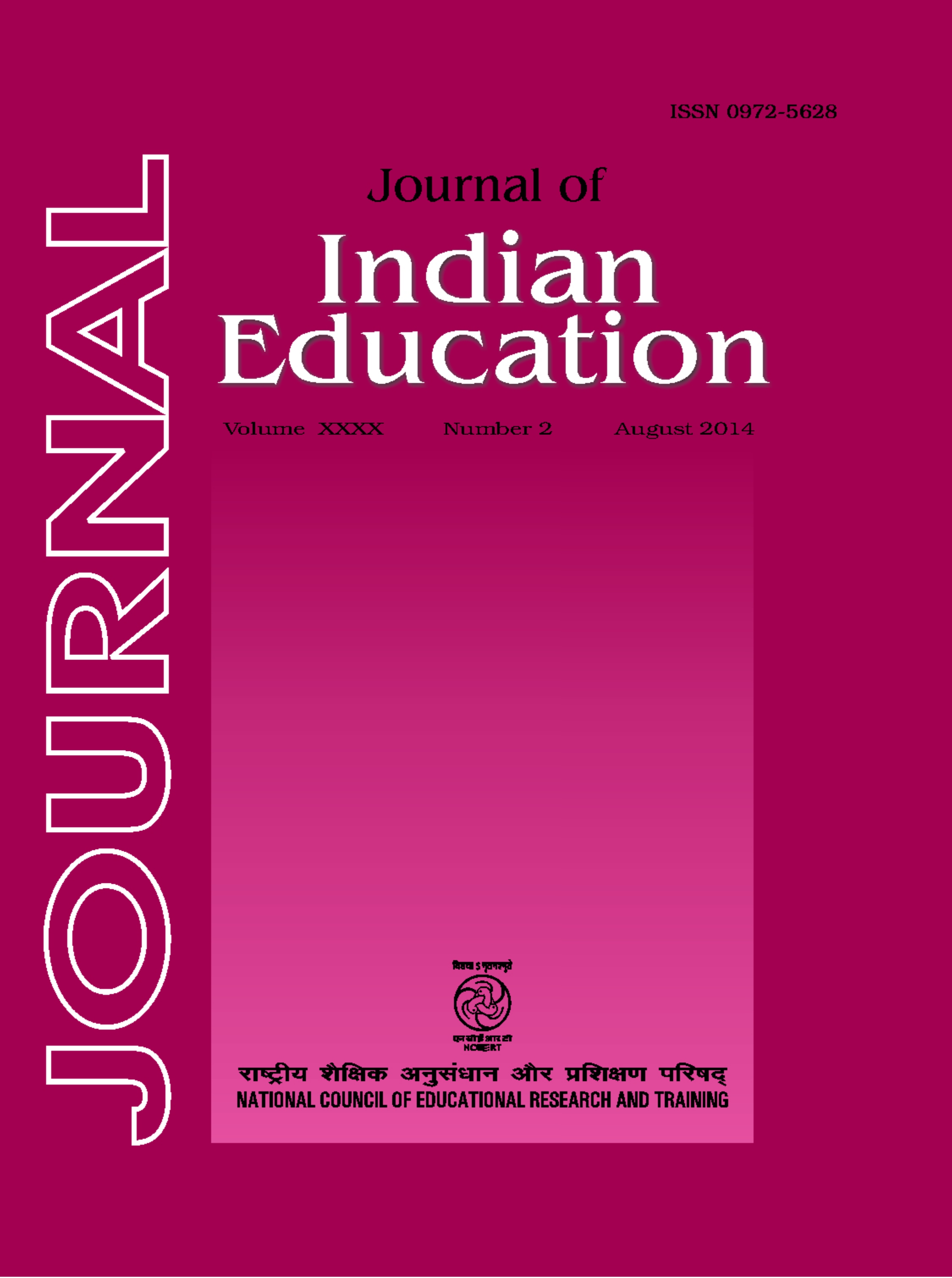Published 2024-12-09
Keywords
- School Education,
- Teacher Education
How to Cite
Abstract
Since the implementation of NCF 2005 the school education system has undergone a major shift in the content and pedagogical approach of teaching and learning. The NCF places demands and expectations on teachers which require them to de-learn their traditional approaches of teaching-learning and relearn new methods and approaches. In the process of education, however there is a chain of connecting agents: teacher educators, teachers and students. What and how students learn is affected by the knowledge structure of their teachers, who in turn are largely dependent upon our teacher education programmes for grounding and legitimising these knowledge structures. Teacher education institutions in this context play a key role in the process of quality improvement at the school stage. This symbiotic relationship between education and teacher education calls for change in teacher education curricula in tune with school education curricula to ensure effective implementation of policies. The quality of teacher education, however is a matter of concern all over the country but more so in the north-eastern region which suffers from the problems of insurgency, violence, geographical remoteness, and lack of proper connectivity and communications with rest of the country and inadequate infrastructure facilities. The problem is further aggravated due to unqualified/under qualified teachers at various levels of education. The preliminary review of literature reveals lack of comprehensive data on the teacher education curriculum of the Northeastern region.

